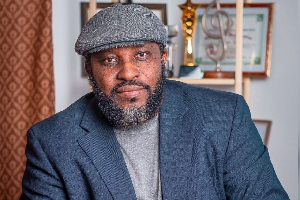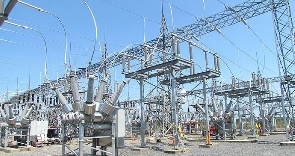The country has been ordered to pay over US$111million in damages to GPGC Limited, a power company, following a lengthy arbitration dispute.
This ruling by a U.S. federal judge comes as a significant blow to government’s efforts at managing the nation’s power sector challenges.
The saga began in 2015 when, grappling with an energy crisis, Ghana entered into an agreement with GPGC to install and operate two gas-turbine power plants. However, the relationship soured and in 2018 government terminated the contract – citing GPGC’s failure to meet certain conditions.
Undeterred, GPGC initiated arbitration proceedings in the UK; and in January 2021 a three-person tribunal unanimously concluded that Ghana had wrongfully repudiated the agreement.
The tribunal then applied the contract’s ‘Early Termination Payment’ formula, awarding GPGC a total of US$134.3million including interest.
Sector analysts say this is a significant setback to the nation’s power sector as government now faces the daunting task of paying over US$111million, a sum that could have been better utilised in addressing the country’s pressing energy needs.
The energy sector has long been plagued by challenges including inadequate generation capacity, transmission bottlenecks and financial constraints. The country’s peak demand currently stands at around 3,000 megawatts (MW) and its installed generation capacity is around 5,000 MW, but lack of funds to purchase fuel as well as insufficient infrastructure to carry power sometimes manifest as outages and low current.
Sector analysts argue that the ruling could not have come at a worse time, particularly as businesses are already struggling with the unreliable power supply – and now we have to contend with the financial burden of this arbitration award.
GPGC’s initial contract with Ghana was part of government’s efforts to address the 2015 energy crisis, which saw frequent blackouts and load-shedding across the country. The agreement stipulated that GPGC would dismantle and transport two gas-turbine power plants from Italy to Ghana, install them and then operate and maintain the facilities for a guaranteed four-year period.
However, government’s failure to identify a suitable site for the plants – a key contractual requirement – led to delays and eventually termination of the agreement in 2018. GPGC then served a notice of arbitration, setting in motion the legal battle that has now culminated in a significant financial loss for Ghana.
Other commentators believe that this ruling is a wake-up call for government. Their reasoning is that it highlights the need for robust contract management and a more coherent strategy in the power sector. Ghana simply cannot afford to make such costly mistakes.
The US$111million judgment, along with the US$3.3million in arbitration fees, represents a significant drain on government’s resources. In comparison, the country’s 2023 budget allocation for the energy sector was approximately US$800million.
There are concerns that government must now find a way to honour this award while also addressing broader challenges in the power sector, as failure to do so could further erode investor confidence and hinder Ghana’s efforts to attract much-needed investment in the energy infrastructure.
As government grapples with this setback, industry stakeholders are calling for a comprehensive review of the country’s energy policies and a renewed focus on improving power sector governance and transparency.
They say this case serves as a cautionary tale. One that the authorities must learn from and ensure future contracts are carefully negotiated and managed to avoid such costly disputes. This is essential, as the stability and reliability of our power supply is vital for the country’s economic development and well-being of all Ghanaians.
Business News of Thursday, 22 August 2024
Source: thebftonline.com
Energy sector faces further woes with US$111 million arbitration loss
Entertainment












